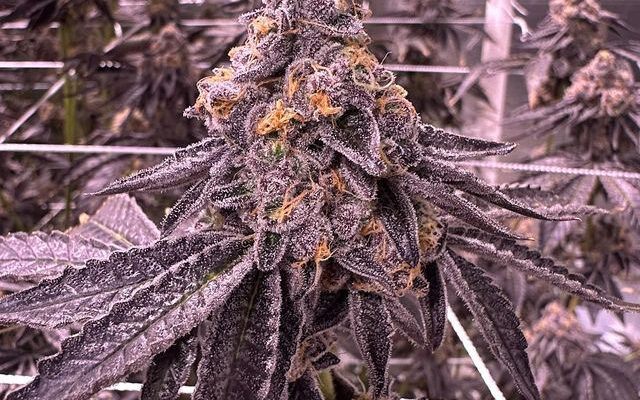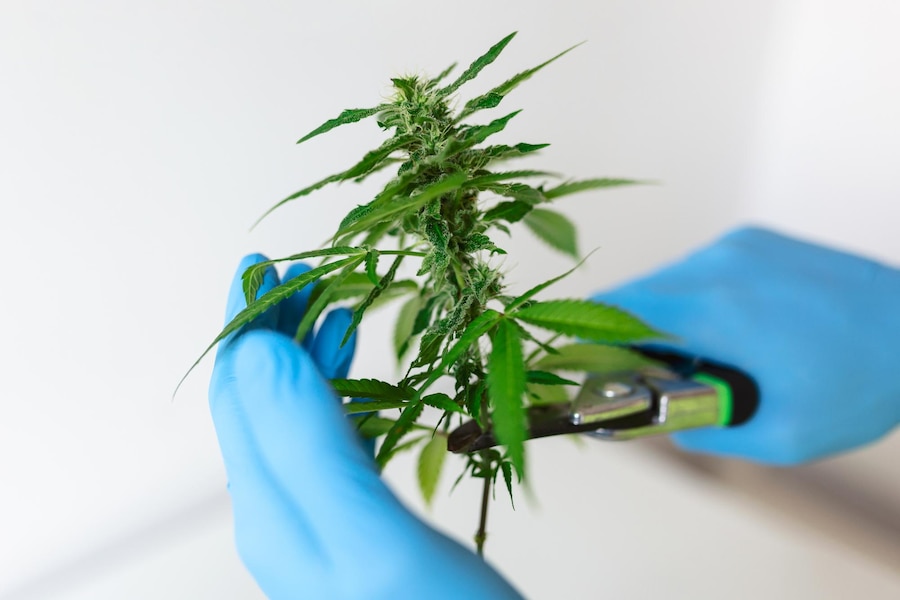
Cannabis cloning is not just an art; it’s a science that has revolutionized the way cannabis is cultivated. This technique involves creating genetic duplicates of a mother plant, allowing growers to replicate specific traits and characteristics. In this article, we’ll dive deep into the science behind cannabis clones and their role in modern cannabis cultivation.

The Genetic Replication of Clones
Cannabis clones are essentially genetic duplicates of a mature cannabis plant. These clones are created by taking cuttings from a chosen mother plant and encouraging them to develop roots. The result is a new plant with the same genetic makeup as the parent plant, ensuring consistency in traits and quality.
Demystifying the Cloning Process
Creating cannabis clones requires precision and care. Growers begin by selecting a healthy mother plant with desirable characteristics. They take cuttings, treat them with rooting hormones, and nurture them until they establish roots. Once rooted, these clones are grown separately.
The Advantages of Cloning
Genetic Purity: Cloning maintains the genetic purity of a strain, preserving specific traits like cannabinoid content and terpene profiles.
Time Efficiency: Cloning skips the germination phase, allowing growers to save time and bring their crops to maturity more rapidly.
Consistent Results: With clones, growers can consistently reproduce the same high-quality cannabis, reducing variability and ensuring reliable harvests.
Conclusion
The science of cannabis cloning has unlocked new possibilities for cannabis cultivators. By understanding and harnessing genetics, growers can produce cannabis plants with precise traits, catering to the diverse needs of consumers. Cloning is not just about replication; it’s about precision and reliability in the world of cannabis cultivation.














